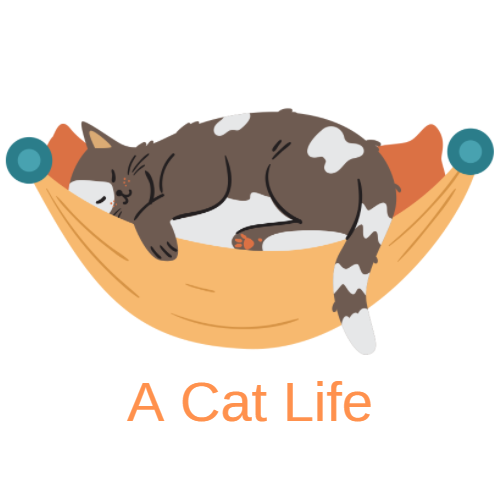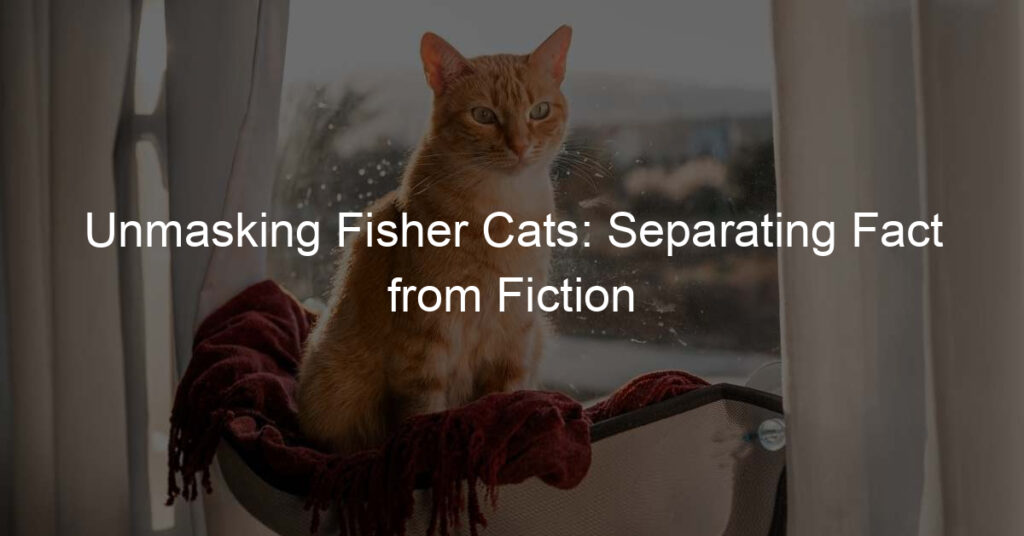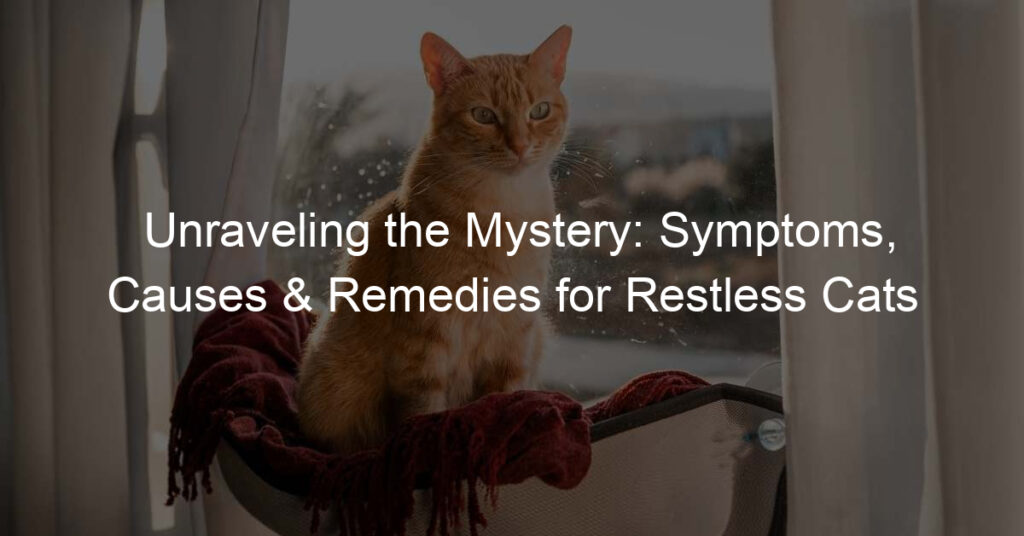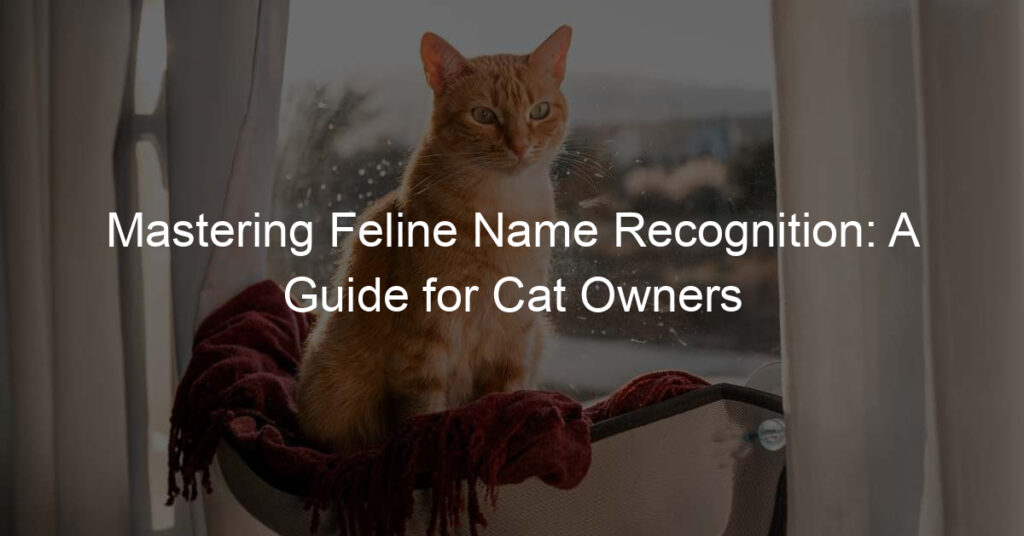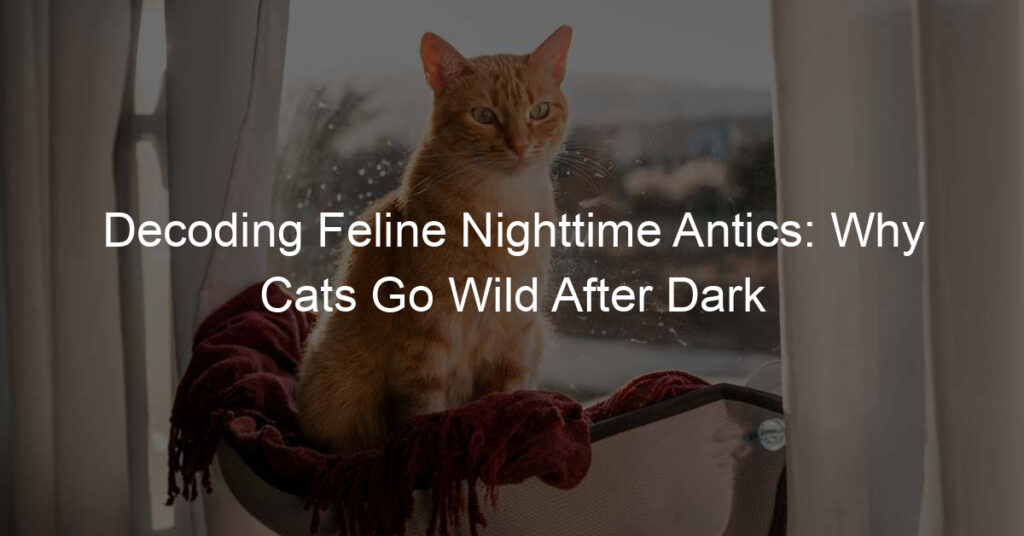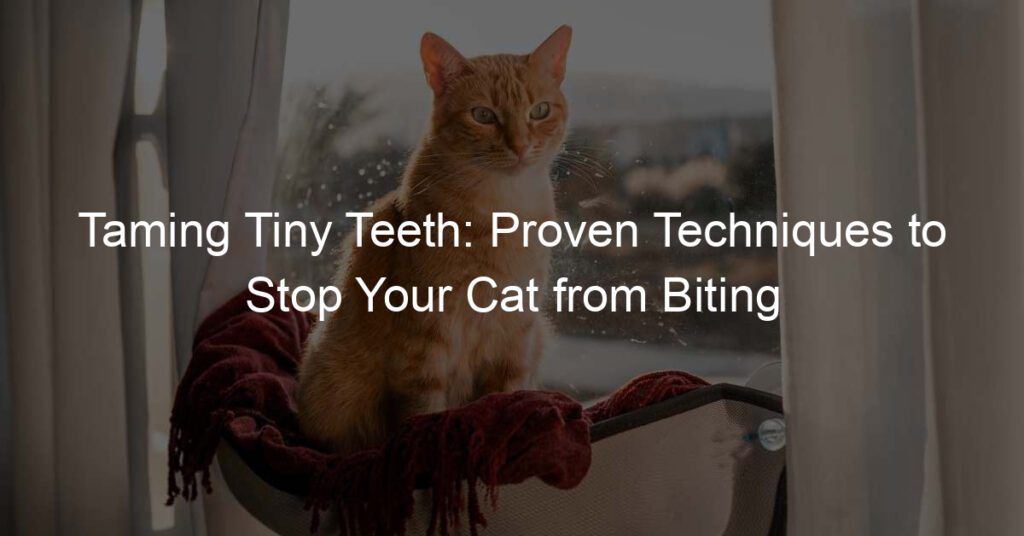Yes, cats can eat catnip safely. Catnip is a perennial herb in the mint family and is a member of the genus Nepeta. It is native to Europe, Asia, and parts of Africa but has also been widely introduced and naturalized in North America.
This plant’s dried leaves, stems, and flowers are often used as toys for cats, who develop a strong attraction to it. Cats that are exposed to catnip may roll around on the floor, purr, meow, or drool, among other reactions.
Although cats don’t need to have catnip in their diets, it has been noted that consuming small amounts can be beneficial for their physical and emotional health. When eaten by cats, the herb contains nepetalactone, an organic compound known to produce calming effects on felines.
In addition to inducing relaxation, some experts believe that consuming catnip helps promote healthy digestion by stimulating appetite and aiding in the digestion of proteins and fats.
Eating catnip may also provide an energy boost as well as help improve overall mood, helping cats feel more energetic and playful throughout the day.
Although eating catnip has potential benefits for cats’ health, some potential risks are associated with doing so. For example, if your cat eats too much or too often, it may become overstimulated, which can cause vomiting or diarrhea.
Also, there’s no guarantee that all cats will react positively to eating catnip; some may experience mild side effects such as drowsiness or loss of appetite instead of feeling relaxed or energized after consuming it.
Although there are potential risks associated with eating catnip regularly, it offers various health benefits when consumed in moderation.
As long as you keep close track of your pet’s intake level, you should not have any issues giving them a treat from time to time!
Are There Any Medicinal Benefits for Humans From Eating Catnip?
Although catnip is mainly known for its benefits to cats, there are also potential medicinal benefits for humans who consume it. It has long been used in traditional medicine to treat various ailments, including headaches, nausea, stomach aches, and insomnia.
The plant contains a compound known as nepetalactone, which has been found to have the same calming effects on humans as it does on cats. This makes it an ideal remedy for those suffering from anxiety or stress-related conditions.
Recent studies have suggested that catnip can be beneficial for human health in other ways as well. For example, its anti-inflammatory properties make it a potential treatment for pain associated with arthritis or other inflammatory conditions.
Further, the plant has been studied for its antioxidant content; these compounds help protect the body from damage caused by free radicals and may even reduce the risk of certain types of cancer.
Catnip can be consumed in several different forms; it can be made into tea or tinctures and taken orally or ground up and applied topically as an ointment or compress.
However, many users find that applying catnip directly to the skin is more effective than consuming it orally due to its high concentration of nepetalactone.
This compound penetrates through the skin’s layers and directly into the bloodstream, providing calming effects.
Overall, although more research needs to be done on this topic before any definitive conclusions can be drawn about its medicinal benefits, there is evidence that suggests catnip can provide some relief from certain common ailments when used appropriately.
However, if you plan on using catnip for medicinal purposes, you should consult your doctor before taking action.
What Are the Signs of a Cat Becoming Addicted to Eating Catnip?
One of the most common signs that a cat has become addicted to eating catnip is increased consumption. So if your cat is eating more catnip than usual, this could be an indicator of addiction.
You’ll want to pay close attention to how much they’re consuming daily, and if it’s significantly higher than before, then it might be time to cut back on their intake or even discontinue giving them any at all.
Another sign of addiction is irritability or restlessness when not given access to the plant. Suppose your cat begins exhibiting unusual behavior such as pacing, meowing excessively, or seeming generally anxious and agitated when they don’t have access to catnip.
In that case, it could indicate that they’ve developed an addiction.
Cats may also begin seeking out other sources of the plant if they are unable to get their fix from you. Your pet may start nibbling on flowers and plants around your home or even attempting to steal other cats’ stash!
This type of behavior indicates that your furry friend has become overly dependent and has likely developed an addiction.
Finally, physical changes can indicate that your beloved feline has become addicted.
When consumed in large amounts, catnip can cause drowsiness and lethargy in some cats; similarly, overconsuming the plant can lead to excessive drooling and vomiting or diarrhea due to its stimulating effects on felines’ digestive systems.
Therefore, if your pet appears excessively sedated or ill after eating catnip regularly, it could be a sign that they are addicted and need help kicking the habit!
Is There an Expiration Date on Store-Bought Catnip?
Yes, store-bought catnip does have an expiration date. Typically, catnip purchased in stores will have a shelf life of six months to one year, depending on the brand. Thus, it’s necessary to make sure the package is stored in a cool, dry place to ensure maximum freshness and potency.
Also, it’s best to check the expiration date printed on the product before using it with your pet.
Once opened, catnip should be sealed tightly in an airtight container or bag and stored in the refrigerator, where it can last up to three months; if frozen, it can be kept for up to a year.
Yet, freezing can affect its potency, so keep an eye out for any noticeable changes in smell or texture after thawing.
It’s also possible for store-bought catnip to lose its potency over time due to exposure to air or light. If you notice that your cat isn’t responding as strongly as before when given catnip, it could indicate that it has expired and needs to be replaced with fresh product.
To test if your store-bought catnip has gone bad, try crushing some of the leaves between your fingers and then smelling them; if they don’t have any discernible aroma of nepetalactone which is responsible for stimulating cats, then the plant may have lost its potency and should be thrown away.
In addition to purchasing fresh products from stores, you can also grow your fresh catnip at home by planting seeds or cuttings from mature plants in your garden. This way, you’ll always have access to potent herbs for your pet without worrying about expiration dates!
Are There Side Effects for Cats Who Consume Too Much Catnip?
Yes, there are some potential side effects for cats who consume too much catnip. In general, cats can be sensitive to the effects of catnip, so it is important to monitor your pet when giving them this herb.
When consumed in large quantities, cats can experience increased arousal and agitation, developing signs such as restlessness, pacing, and meowing excessively. This may also lead to anxiety or an inability to settle down after some time.
In addition to these short-term side effects, long-term overconsumption of catnip can lead to addiction in some felines, resulting in various behavioral changes such as increased aggression or nervousness when not given access to the plant.
Excessive consumption can also make cats more prone to overeating, leading to obesity.
It’s important to remember that each cat is different. Although they may respond differently when exposed to catnip, it’s best to prevent potential problems by limiting their access and monitoring how much they consume daily.
Is It Safe for Kittens To Eat Catnip?
Yes, it is generally safe for kittens to eat catnip. However, it’s important to remember that not all cats react the same way to this herb, so it may be best to wait until they are a bit older before introducing them to this plant.
Kittens can start experiencing the effects of catnip as soon as six weeks old, but some experts recommend waiting until they are around 12 weeks old before giving them any.
It is also important to note that kittens should be given less than what is typically recommended for adult cats due to their smaller size and more delicate systems; only one or two leaves are enough for kittens.
The active ingredient in catnip, nepetalactone, produces a soothing effect in some cats and an energizing effect in others; therefore, it is essential to pay attention to how your kitten reacts when exposed.
If your kitten becomes overly excited or agitated after consuming catnip, then it’s best not to give them anymore and allow them time to rest before reintroducing the herb.
Catnip has many other benefits besides its stimulating properties on cats, such as its antibacterial and antifungal qualities, which can help support their overall health and well-being.
This herb can also be used as an insect repellant indoors and out, making it a great natural alternative for those looking to avoid chemical pesticides around their home or garden.
Additionally, research suggests that catnip may even have calming effects when eaten by humans; this could mean that it could have similar effects on kittens if given in moderation!
When introducing catnip into your kitten’s diet, make sure you select fresh herbs from a reputable source such as a pet store or online retailer; dried versions may have lost some of their potency due to age or incorrect storage methods.
As with any new food item you introduce into your pet’s diet, be sure to start slowly and keep an eye out for any signs of illness or discomfort after consumption; if these occur, then discontinue use immediately and consult with your veterinarian if necessary.
